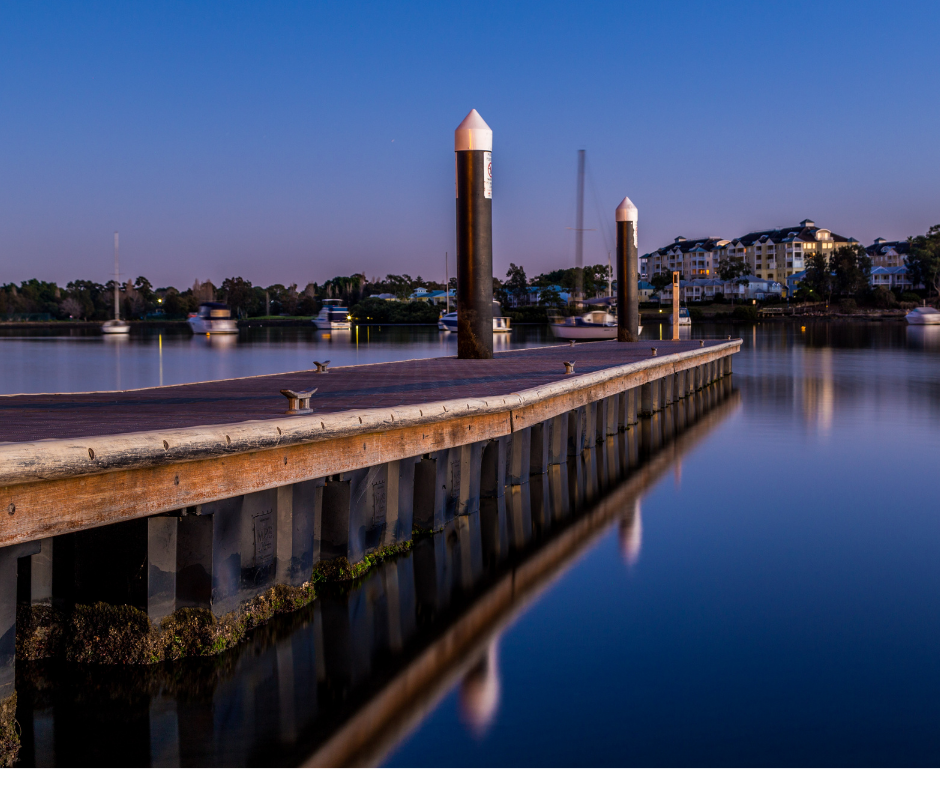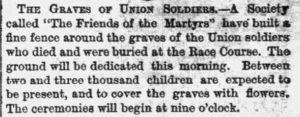Once upon a time in Black Entrepreneur History was a brilliant African American man named William Lanson whose presence improved life in New Haven, Connecticut for everyone in the 1800s as he built, through his large quarrying business, New Haven’s Long Wharf and also founded New Liberia, now known as Wooster Square, a thriving neighborhood which started off as Black but then began to integrate.
Wharf - a level quayside area to which a ship may be moored to load and unload.
Not much is certain about William Lanson’s childhood because he was born into slavery sometime in the 1780s. After he escaped, he ended up in New Haven, and opened his own quarry business which grew quite lucrative, benefiting not only him, but the entire city of New Haven.
Because of his talent and knowledge of balancing and weight, he was able to build flat boats to hold massive amounts of stone of at least 25 tons that he and men he hired got by quarrying the Blue Mountain. From there, they would move the stones, and he was able to build a great extension to New Haven’s Long Wharf! This happened in 1810.
The extension was about 1400 ft long, and Lanson was the only man with the skill fit for the job out of all the men in New Haven.
Because of his brilliant work, this put New Haven, Connecticut on the map. Before, competition on the dock was brutal due to New York, but by the Lanson’s Long Wharf extension, commercial activity boomed! There was an increase in trade from both the North, all the way from Europe and the South, beyond the United States and into the Caribbean.
Around that time, he’d also founded the neighborhood he called New Liberia. Here is how he did it. Because he’d started to earn so much money due to his quarry business, he eventually had enough money to make a massive purchase of land and houses. He became a real estate mogul of his time.
With this land, he founded New Liberia which is now called Wooster Square. At that time, he built his own home and African American families moved in. He rented them homes. Soon, not only African Americans moved in, but Irish families moved in as well. This all happened between 1810 and 1820s.
Lanson also founded his own hotel (inn), and it became the most popular hotel in the area, and he started to build churches in the area. He was well known because of all the property and establishments along with land he owned.
Prospering became what he was known for, but there is always a flip side to prospering. There are people who become envious.
White people began to want his land. Although some of the white people in the area were his clients and hired him, they soon turned their backs on him when they saw how the black people prospered in their section of New Haven. Not only that, they didn’t like the fact that Irish people moved into the neighborhood that Lanson founded as well, making it integrated.
Racist white people began to create rumors about him and began to circulate horrible falsehoods about the prospering black population, accusing them of being morally corrupt and lacking skill. Much of the white population turned against him because of his success, and even at his hotel(inn), they stopped coming in and spending money. They took their money to white owned establishments.
Not only that, the police continuously harassed him for no reason all of a sudden. They would stop him over and over and try and pin crimes on him to which he was innocent. It so bad that it became a betrayal in the white community if any of them hired or contracted out anyone black because, to them, only white people had the privilege to be employed, not Black people anymore.
This type of ostracizing of the Black community created a downward spiral in Lanson’s businesses. He went into debt, foreclosures and eventually lost everything, dying a poor man after all he’d done for the community and New Haven. Even when he tried to establish an African college, the white people rioted and wouldn’t stand for it. When he complained to the general assembly about the mistreatment of him and his fellow Black people, who were skilled and intelligent members of the community, nothing made it better.
Death
After all he’d done, from escaping slavery to being one of the most influential people who ever lived in New Haven, Connecticut, he passed away on May 29, 1851.
Although all seemed lost, the memory of William Lanson isn’t, and in the year of 2020, a sculpture is to be crafted in his honor, and it will stand at Farmington Canal. The sculpture will be 7 ft tall and bronze to remind everyone of who contributed massively to making New Haven the city that prospered.
Connecticut Official State Website
Year: 1850; Census Place: New Haven, New Haven, Connecticut; Roll: 47; Page: 188b





More Related Stories
James Wormley – Founder of the Most Expensive Hotel in Washington D.C. in 1800s – the Wormley Hotel
William E. Matthews – Wealthy Financial Broker & Civil Rights Leader of 1800s
Charles Porter Grove – Owner of Montana and Illinois Gold Mining Company & Leader of the “Dreamed” Grove City, Montana